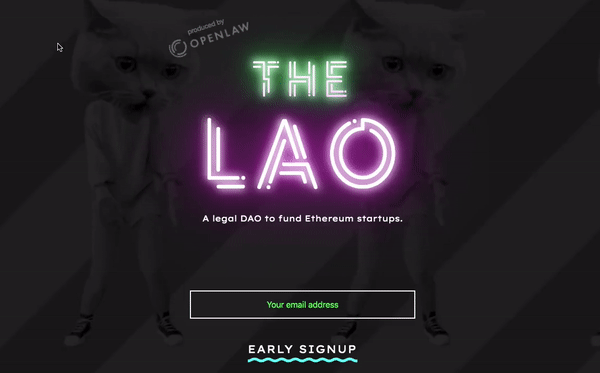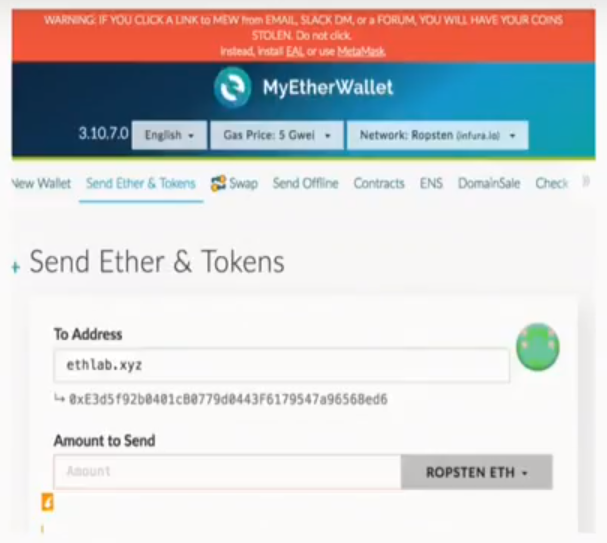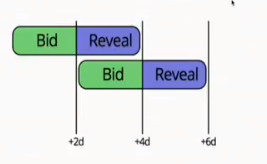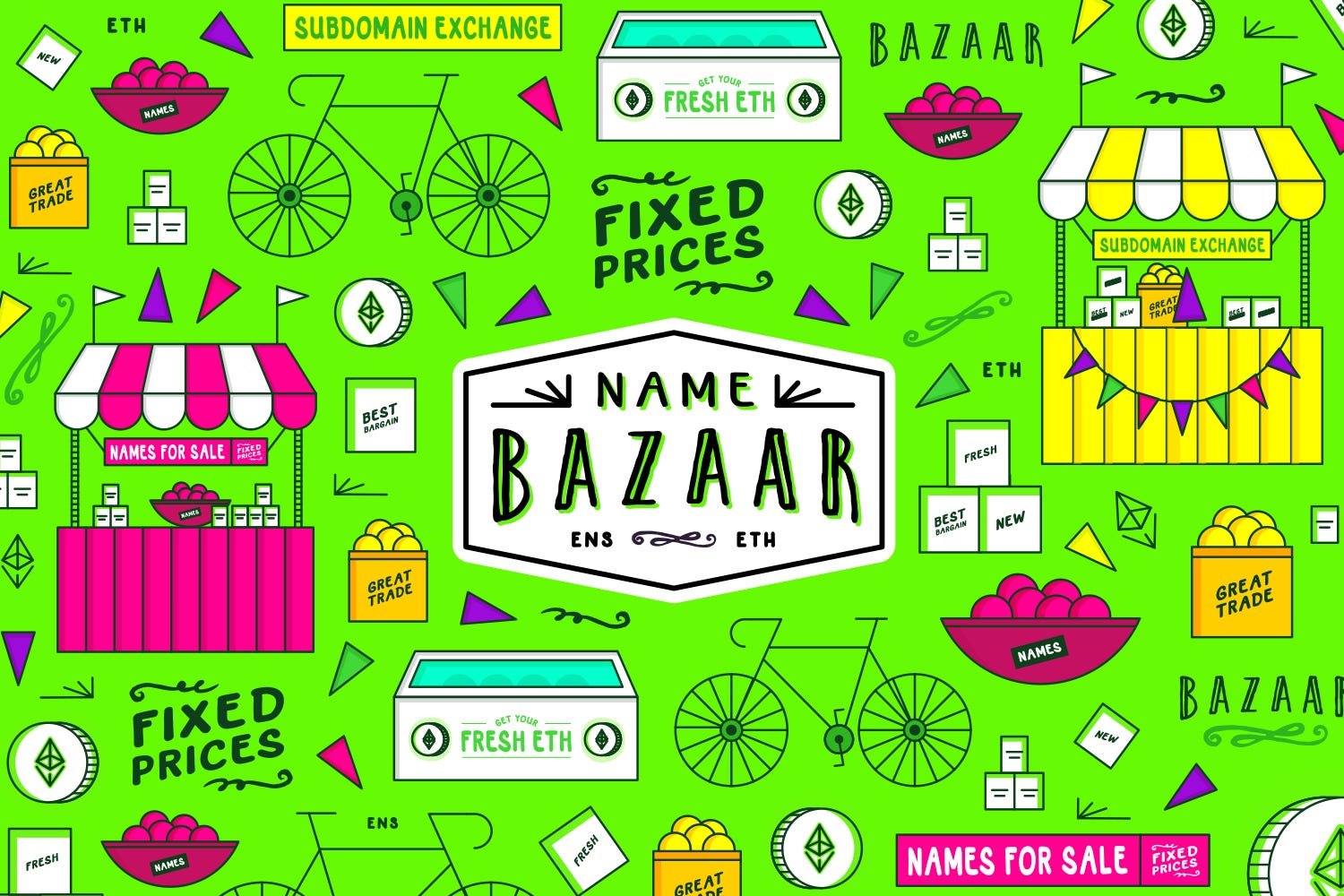Source: The LAO – Medium · 11 min read
OpenLaw will be launching the first limited liability for-profit DAO, named the LAO. The LAO will enable members to invest in Ethereum new ventures and generate a profit. A new era of DAOs is beginning.

The LAO: A For-Profit, Limited Liability Autonomous Organization
Since first proposed in 2013, the notion of decentralized autonomous organizations (DAOs) has animated the dreams of blockchain developers. For many, these Internet-native organizations represent the next step in the evolution of social and economic coordination, with blockchain technology and smart contracts streamlining voting, decision making, and the allocation of digital assets.
The notion of a DAO did not emerge in a vacuum. Instead, these organizations build on a long lineage of technical and legal innovation. The Romans devised a variety of commercial entities, such as the societas peculium and societas publicanorum, that enabled parties to share in an enterprise’s profits and losses while also providing limited liability. During the Middle Ages, Italians pioneered early versions of a limited partnership to finance maritime trade. Joint-stock companies emerged in England and the Netherlands in the 1600s, providing organizations state-granted monopolies to engage in productive commercial enterprises. The modern corporation took root in the United States in 1811, when New York granted private parties the power to form their own corporate structures without an extensive approval process. Weiterlesen



